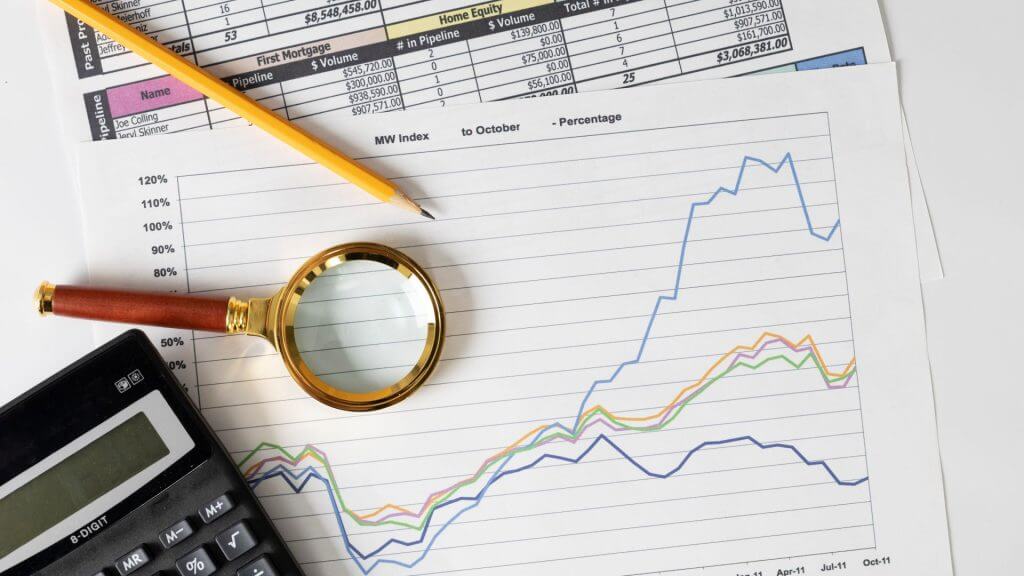The Accounting Act, the General Tax Act, the Income Tax Act, and other regulations regulate the obligation to keep business documentation in such a way that accounting documentation is kept:
- PERMANENT – pay lists, records of salaries for which mandatory contributions are paid
- 11 YEARS – documents on the basis of which data were entered in the diary and the ledger
- 11 YEARS - documents on the basis of which the data were entered in the auxiliary books
The retention period begins after the last day of the business year to which the documentation refers.
The method of keeping accounting documents, business books and financial statements is prescribed by the Accounting Act, the General Tax Act and the Act on Archival Materials and Archives. The aforementioned regulations oblige business entities to keep them in paper form, on an electronic record carrier (CD, hard disk, diskette or similar data carrier) or converted on a micrographic processing carrier.
Bookkeeping documentation consists of: payment slips and payment slips from the cash register, cost calculations, incoming and outgoing invoices, payment transaction documents, etc. Business books are a diary, a general ledger and subsidiary ledgers.
Digital records of bookkeeping documentation enable simple and efficient operations of the company and the bookkeeping office:
- Digital recording of incoming accounting documentation
- Digital recording of outgoing accounting documentation
- joining documents - by uploading or scanning
- sort and arrange, quick search




